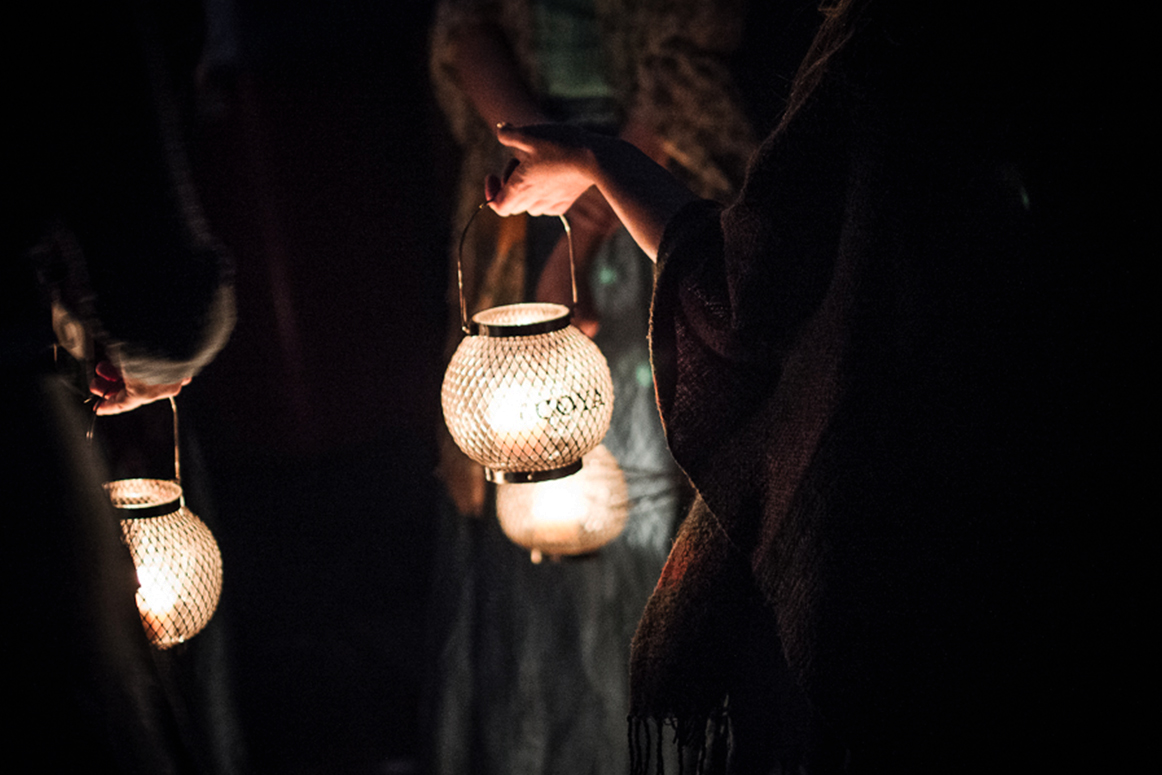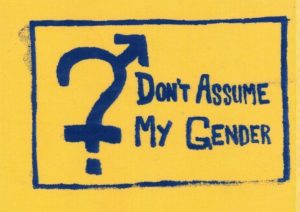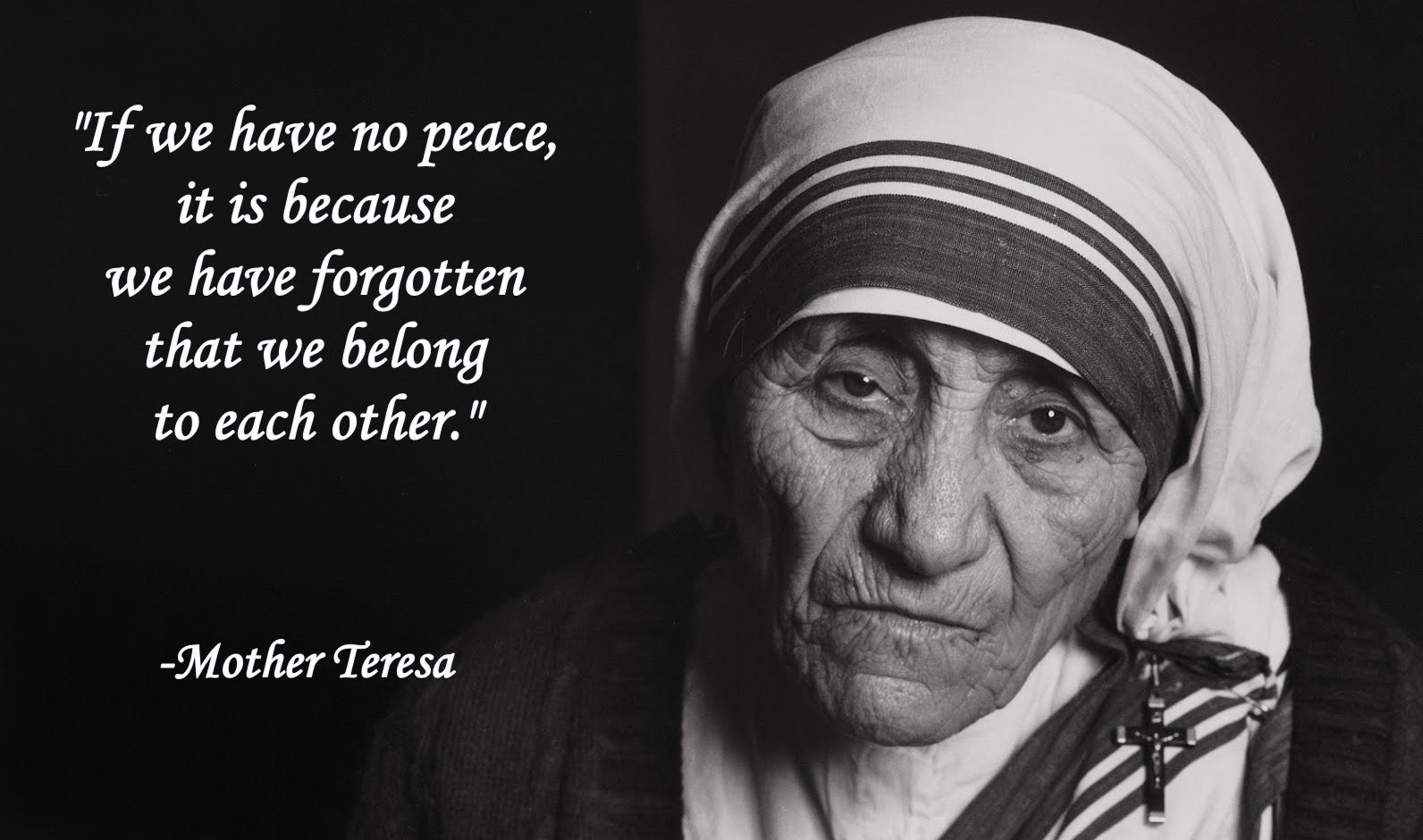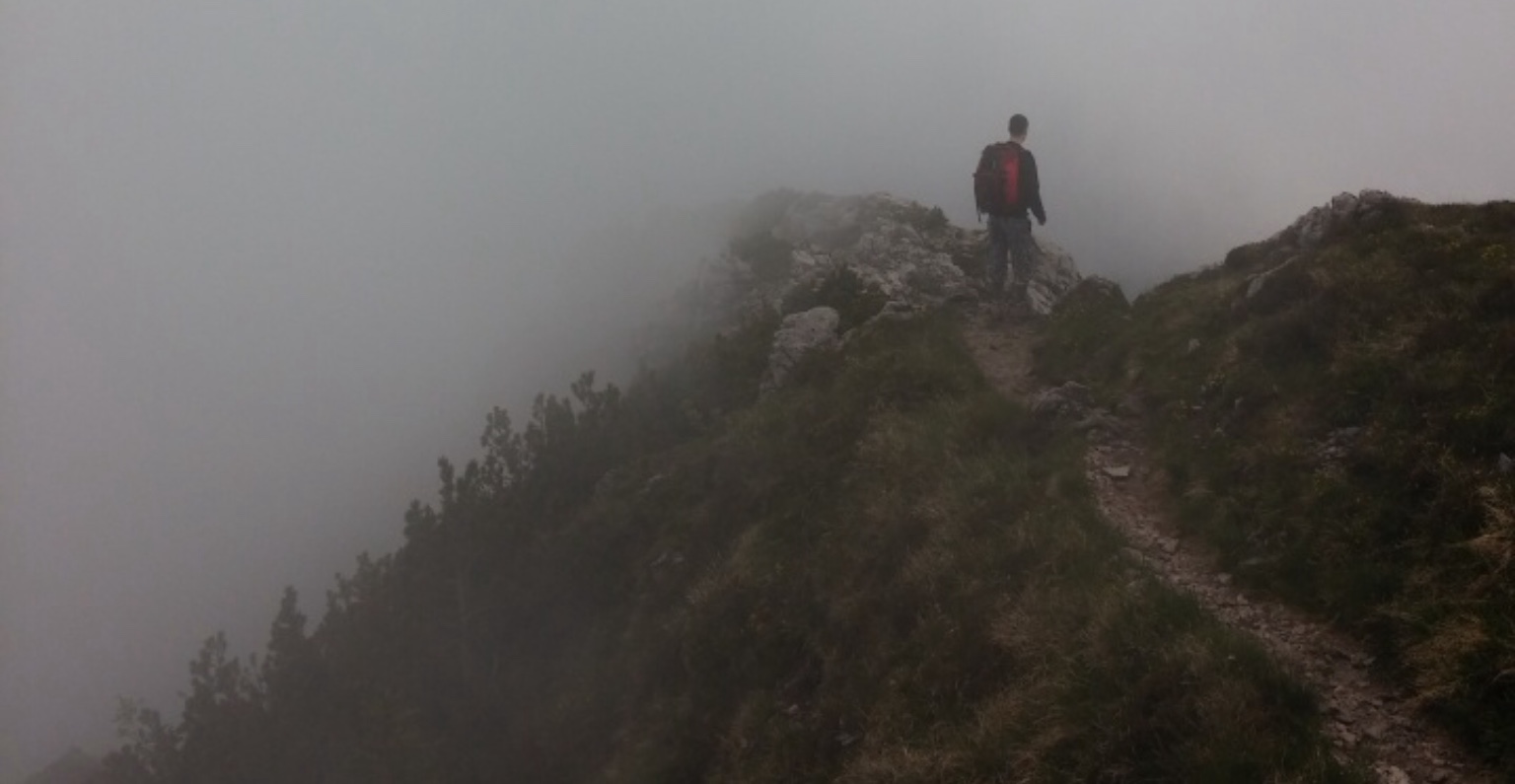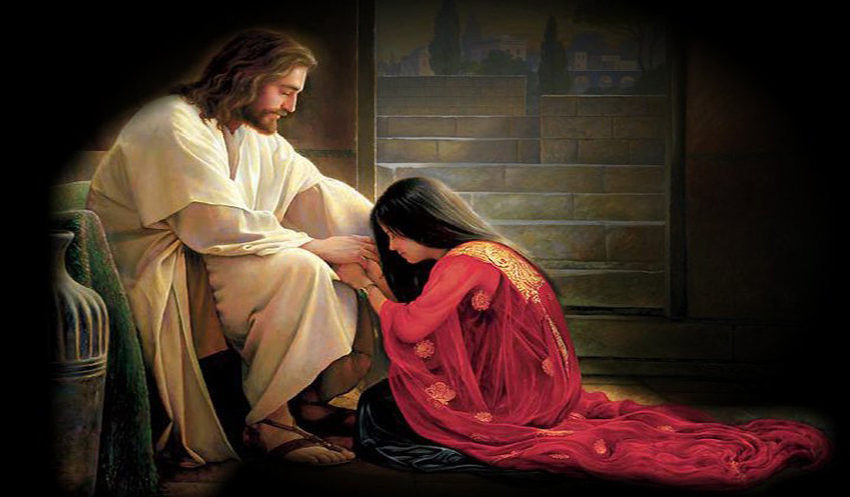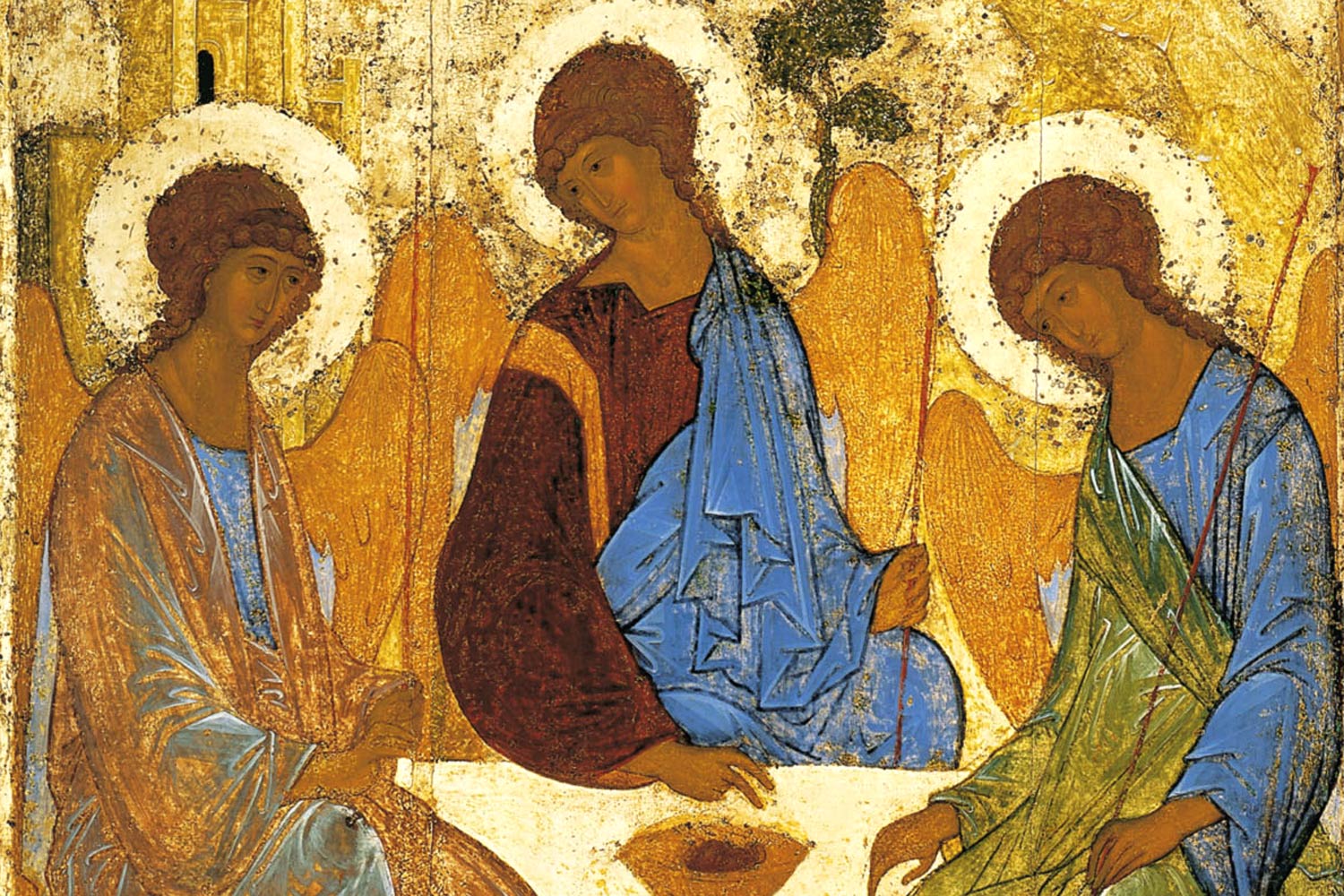I’m Not Afraid of Your Dark
We are all broken. We oft proclaim this truth loud and bold. But the truth is, we do not always know where our own brokenness lies, it is not always clear to see.
I marvel at what our minds are capable of forgetting. I marvel at the pain we can too easily shut out, and live for years without knowledge of our own wounds.
Yet, He never forgets the wounds we bury. He never forgets the wounds we don’t even know exist.
I wade through Scripture and I read as He hears the man cry out “Son of David have mercy on me a sinner.” I marvel at His willingness to heal. I read of the moment He feels the weight of stones ready to be hurled at a woman caught in her shame. I marvel at His willingness to heal. There is no blindness He cannot give sight to. There is no deaf or mute He cannot restore.
He is always willing to heal.
There is one bleeding woman who knows this to her core. When the hem of His garment heals you, it is not reversible. It will not be revoked. This woman knows a lifetime of being socially rejected, religiously shunned and relationally discarded; a lifetime of being called dirty. Yet, just as with her, when He looks upon you and calls you “Daughter,” locks break open and strong cords of fear loosen undone. When you hear Him call you “Beloved,” this is never up for debate.
There is much power in a name; power in how our God calls us by name to claim us as His own, power in how lovers whispering each others name in the dark can embrace a souL, power in how Mary knew the gardener was actually Jesus when he uttered her name and how God changed Jacob’s name, changing his heart.
In a world that can be cruel and unforgiving, what names will we choose for each other? And what will we call out in each other by those names?
The stories of our past too often name us. They name us unworthy, they name us shame, they name us not-good-enough. But Christ, He called her “Daughter.” And His bleeding hands worked to heal so much more than just her bleeding body; He healed her aching heart. The compassion of the Healer’s heart re-wrote the story of her past, eclipsing all her fears with the hope of His Divine light. By calling her “Daughter,” the very name she longed to hear, He gave her power and worth to love herself.
Because the truth is, our words can form shields around each other for protection or isolation. And we all want to feel like we have a safe home in each other.
Yet we live in gilded cages of our own wounds. Everyday we see the manifestations of other people’s wounds, but we never see past them, we never see through. We pick up our pace and cross the other side of the road. We pick up our stones. We avoid. We “love at a distance,” and we claim honest prayers for these people. But the stench we see in others is really the festering wound in our own cage. When we are hurt by others, we hold back and run as far as we can, because loving people’s imperfections is inconvenient and messy. It strikes against our individualistic comfort. Yet no line of Scripture exists where Jesus commands us to seek our ease or even our self. We look at people’s broken behaviours and ignore, belittle, judge, look for quick cures or psychoanalyse them instead of looking into them and seeing that every broken behaviour comes from an unmet need. When the broken dare to to sit in silence together, dare to ask each other those hard questions and dare to shed tears when there are no answers and hold hands when the world’s touch has been harsh, a fellowship is born. The fellowship of the broken is the open space where wounds are exposed and unveiled. Where there is consolation to face our own true condition and strength for our life-long journey of solitude to the places of unmet needs and bad memories. There Christ is waiting to tell us the truth about ourself as the Beloved and remodel us to our glorious image.
Yet, our own fears of being hurt casts a shadow on the reality that the fissures I see in my neighbour are the exact same fractures in the flesh that covers me. Wrapped tight in this fear, we act out against love. And when we act out against love, we act out against the One Who loves us. “The love that you withhold is the pain that you carry” because to love is to embody God’s infinite love. Anything less than that is to deny His purpose for me.
But what if we loved into the dark corners of people’s hearts, not being surprised that they are in fact there?
What if you and I stepped into each other’s darkness with our simple vulnerable presence and kindness as a burning lantern?
What if we name others more than good-enough, call them wonderful and love them as they ought to be loved, as those whose value is the precious blood of the Lamb?
When there are a million and one ways a soul can bruise, we should be the million and one ways a soul sees the Light. The Light loves boldly, His tender scarred hands love radically with no bounds. Why then should we love hiding our scars, with marked out lines, hedges and fences?
There is a man, and he is lame. His wounds are his own. But when the Master comes by to a nearby house, his wound becomes the wound of his friends. With love and grace they carry him. When the doorway is full and they cannot get in, they persevere and climb the roof. Even with walls and barriers, they break through the roof. They break through with love and kindness, break through the walls he hid behind for years, they shatter through the guilt, the shame and the self-pity. Because love does; love breaks through in such a way that no one can refute. And as they lower their friend down to the Master, they watch from above; because love knows its limits.
Love does not play the Savior; rather love carries others to Jesus. Therein lies the miracle; all brokenness is a gateway to joy…
Instead of pushing others off roofs, may we lower them and love them fearlessly through their brokenness.
‘Cause my God, aren’t we all.
May we find enough beauty in each others cracks to stand close…and be near…and belong.
Healing has a name; Healing awaits…
“I’d write love poems to the parts of yourself you can’t stand.
I’d stand in the shadows of your heart and tell you
I’m not afraid of your dark.”
– Andrea Gibson
“To care means first of all to empty our own cup and to allow the other to come close to us. It means to take away the many barriers which prevent us from entering into communion with the other. When we dare to care, then we discover that nothing human is foreign to us, but that all the hatred and love, cruelty and compassion, fear and joy can be found in our own hearts. When we dare to care, we have to confess that when others kill, I could have killed too. When others torture, I could have done the same. When others heal, I could have healed too. And when others give life, I could have done the same. Then we experience that we can be present to the soldier who kills, to the guard who pesters, to the young man who plays as if life has no end, and to the old man who stopped playing out of fear for death.
By the honest recognition and confession of our human sameness, we can participate in the care of God who came, not to the powerful but powerless, not to be different but the same, not to take our pain away but to share it. Through this participation we can open our hearts to each other and form a new community.”
― Henri J.M. Nouwen
Co-written with Sandra.
- January 1, 2015
- acceptance, compassion, friendship, healing, love, relationships, truth

